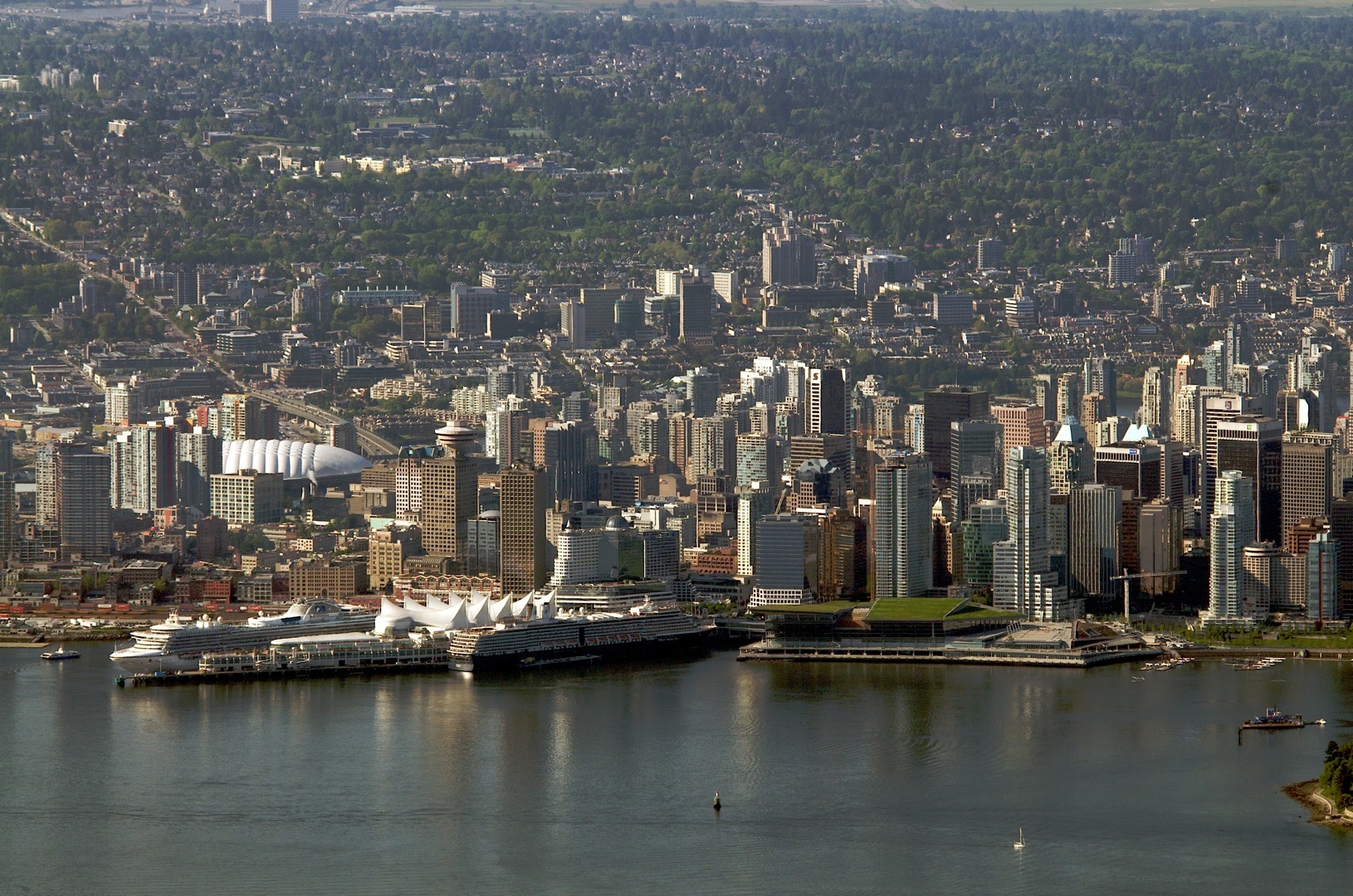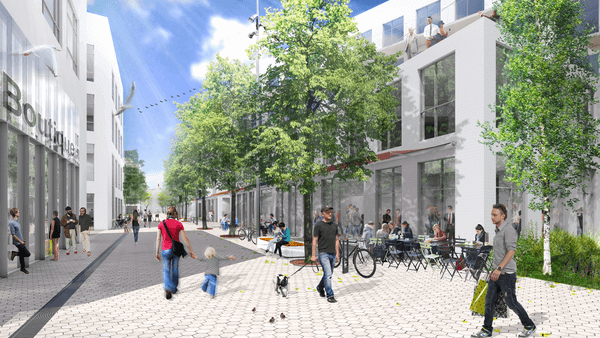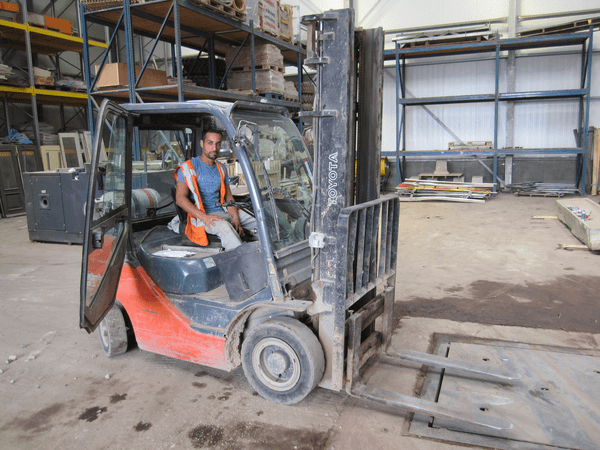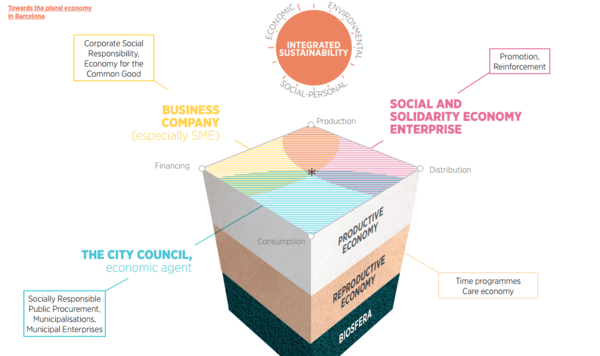The MoU set out the proposed City / Province social and supportive housing partnership. Through MoU, 11 municipally-owned sites were designated for affordable housing (which included social and supportive housing), plus one site - with a City option to purchase - designated for affordable housing, developed for social and supportive housing. City contribution to the partnership was to lease the sites to non-profit housing sponsors for 60 years at nominal prepaid rents, exempt the development projects from property taxes, and cover the cost of environmental remediation. An expedited process was proposed, beginning with the consideration of MoU at a public meeting, after which projects would be processed in accordance with the City Development and Building Permit and re-zoning processes.
The process began with referring recommendation to approve MoU to a public meeting. If MoU was approved, projects would proceed through the City Development and Building Permit processes. The expedited process compressed steps in the standard process but all steps would be included. To expedite the process for sites where rezoning was proposed, the rezoning and development permit applications would be processed together. Once the non-profit sponsors were selected, building and operational programmes for each project were defined and design of each building sufficiently advanced to make a Development Permit application.
At that time an ‘open house’ event was organised for sponsor and design team to meet with projects’ neighbours to review the proposed design, the building, and operational programme. Moreover the Development Permit Board (meetings are public) gave its recommendation to the application. To ensure the schedule can be achieved, specific Development Services and Planning staff were dedicated to all the projects, and a technical staff team was established to ensure that all issues were identified and addressed in a coordinated and timely fashion. BC Housing dedicated a project manager to oversee all the projects, and City / Province Social and Supportive Housing Partnership retained 12 consultants to assist with public consultation and moving the projects through BC Housing and City processes.
The consultation process provides three formal opportunities for public input: first, the public meeting where the council considered MoU; second, the ‘Open House’ for neighbours once a Development Permit Application for a project has been submitted to the City, third the Development Permit Board meeting where the application will be considered. As for requests for additional meetings, it was possible to accommodate requests from established organisations, e.g. Vision Implementation Committees, BIAs, Residents’ Associations, etc. for a presentation to one of their regular scheduled meetings. However, these additional meetings were accommodated without compromising the schedule which is to have the Development Permit Board consider all projects not requiring re-zoning before Summer 2008. With 1,300 units under construction or in development and 1,100 – 1,200 units to be developed through the proposed partnership, approximately 2,500 units of housing for the homeless and those at risk of homeless, including SRO residents and individuals suffering from mental illness and / or addictions, were to be under construction or funded and in design development. Half of these units will probably be some form of supportive housing. The proposed process would have had at least six of the projects under construction by the end of 2008, projects being completed over a number of years, with an average of 500 units being completed for low income singles and those at risk per year for the following 5 years.



